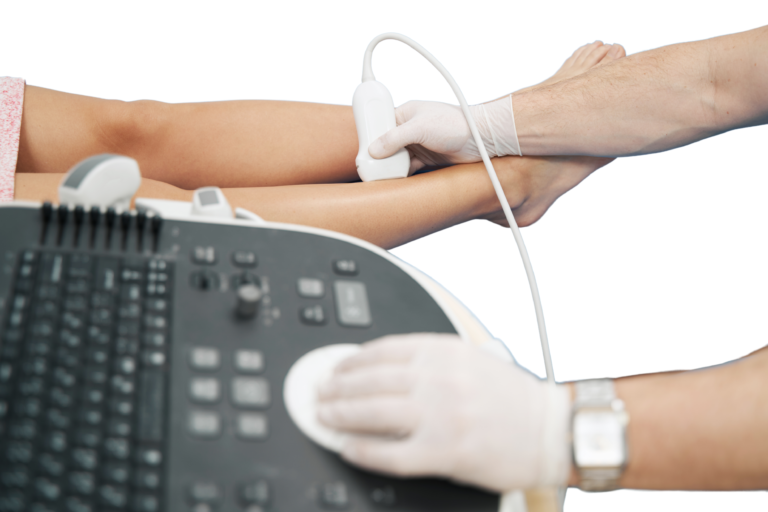
Varicose veins are a common condition that many people notice as bulging, twisted veins—often in the legs. A frequently asked question is: Do all patients with varicose veins require a Doppler ultrasound? The answer isn’t a simple yes or no. Here’s what you need to know.
When Is a Doppler Study Essential?
A Doppler ultrasound (particularly a duplex scan) is considered the gold standard for evaluating varicose veins. It’s especially important in the following scenarios:
Planning for interventional treatment: Before procedures like laser ablation or sclerotherapy, mapping the vein system and identifying reflux points is critical.
Complicated or unusual presentations: If a patient has leg pain, skin discoloration, ulcers, or signs of thrombophlebitis, a Doppler scan helps assess the extent and nature of the venous problem.
Recurrent varicose veins: After previous treatments, Doppler imaging helps determine what went wrong or what underlying issues persist.
When Can It Be Skipped?
In simple, early-stage cases, especially when:
The patient has no significant symptoms or complications.
Conservative management (like compression stockings and leg elevation) is being followed and there’s no immediate plan for a interventional procedure.
In such cases, the clinical examination alone might be sufficient for initial management.
Final Word
While not strictly necessary in every case, a Doppler ultrasound is strongly recommended in most instances to ensure accurate diagnosis and appropriate treatment planning. It’s a valuable tool that gives insight far beyond what we can see on the surface.
